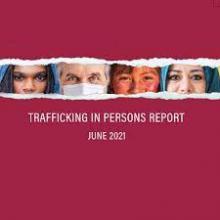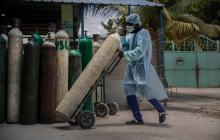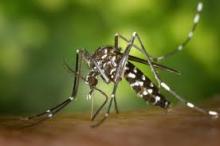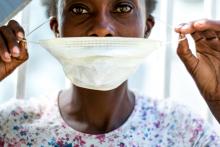Haitians are Being Held Hostage by a Surge in Kidnappings
This is not the first time that insecurity, poverty, a compromised police force, and a polticial power vacuum has enabled a surge in kidnappings. What is different this time is both the extent and the methods - police officers, doctors, priests, and entire busses of people have been kidnapped. Both rich and poor are vulnerable. The companies that continue to operate in Port au Prince are moving their staff into compounds, transporting them in armored cars, and some are commuting by boat to avoid the roads entirely. In this environment, instability will persist, the economy will not grow, and those who can will leave through either regular or irregular means will do so. As is so often said, Haiti is at a crossroads - the way ahead is uncertain. The full article by Washington Post contributor Anthony Faiola and Widlore Merancourt follows.









